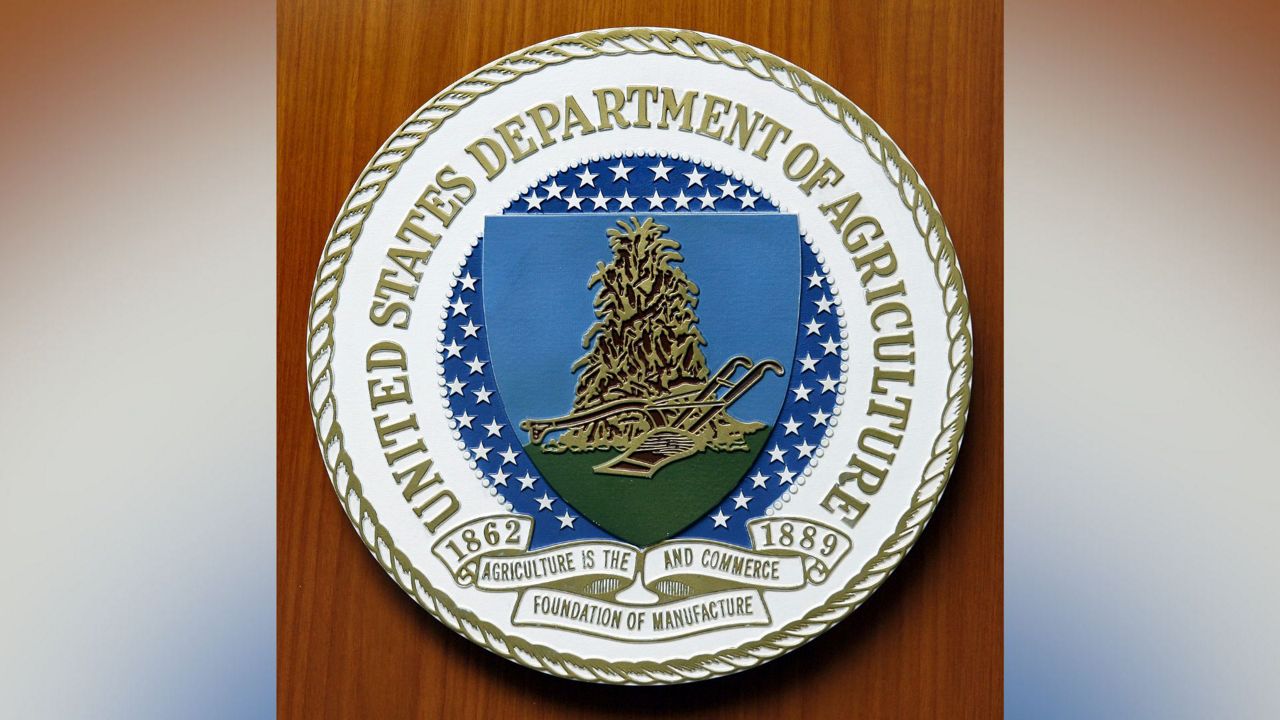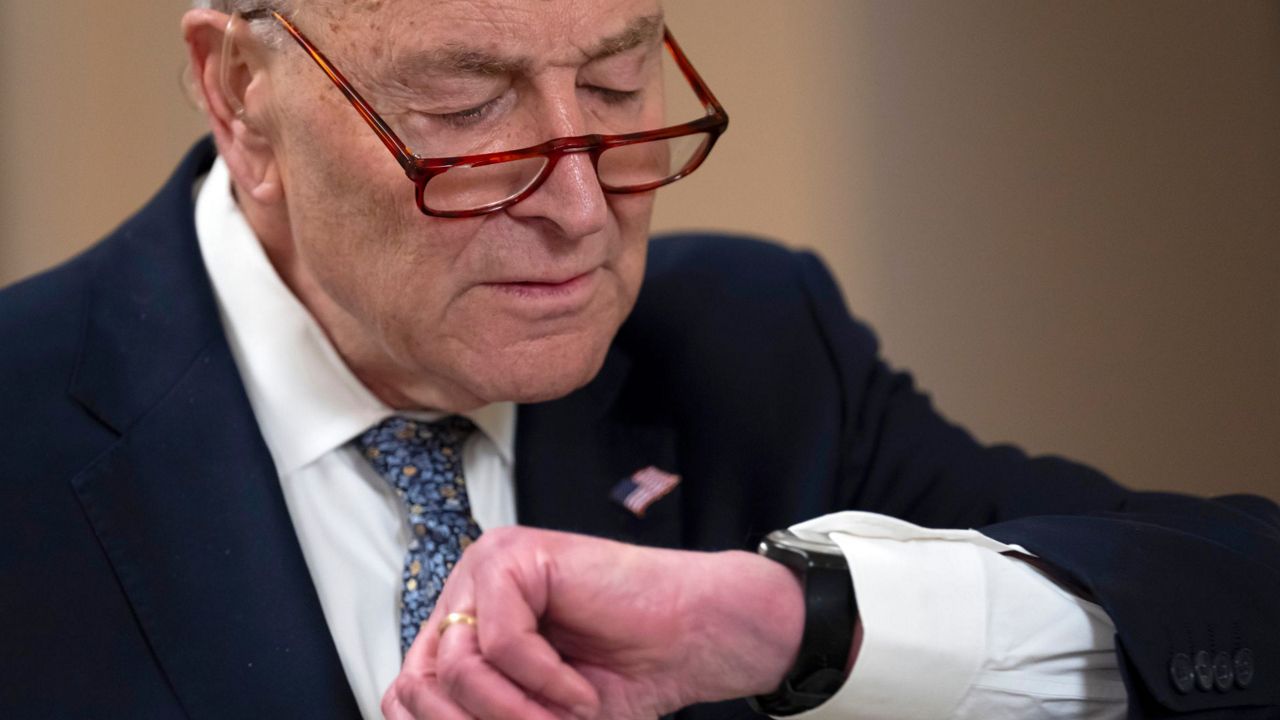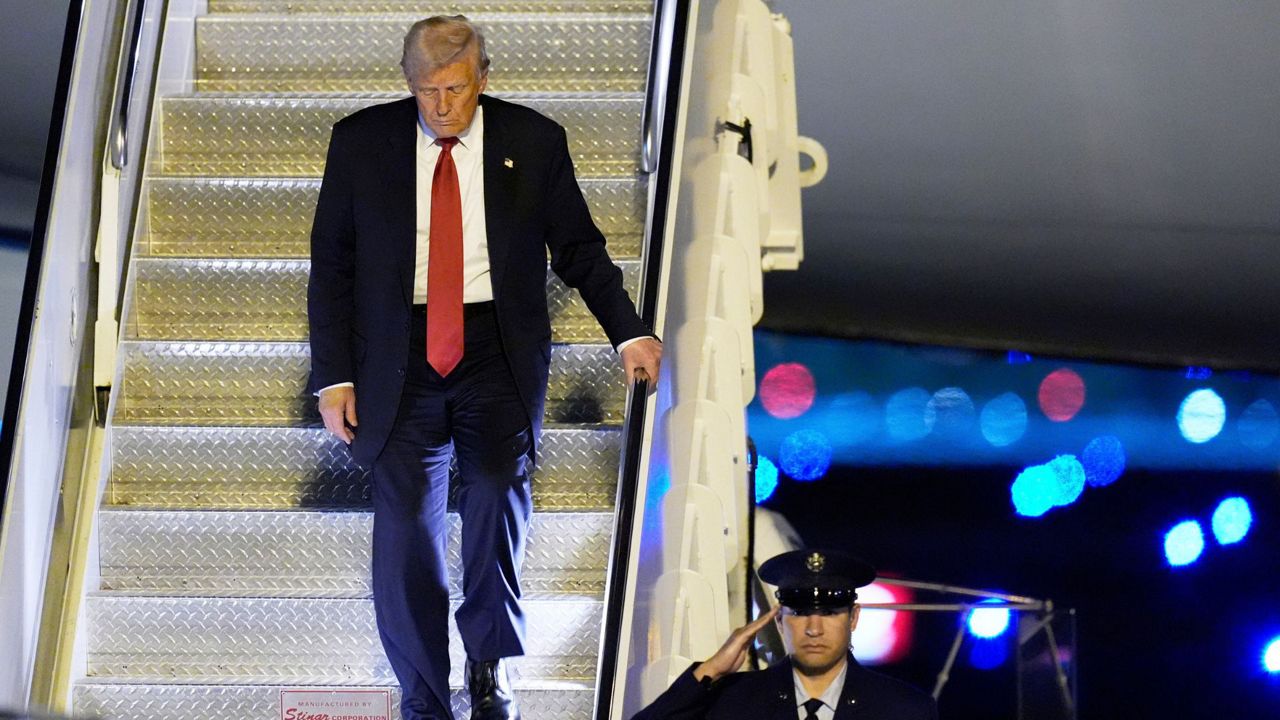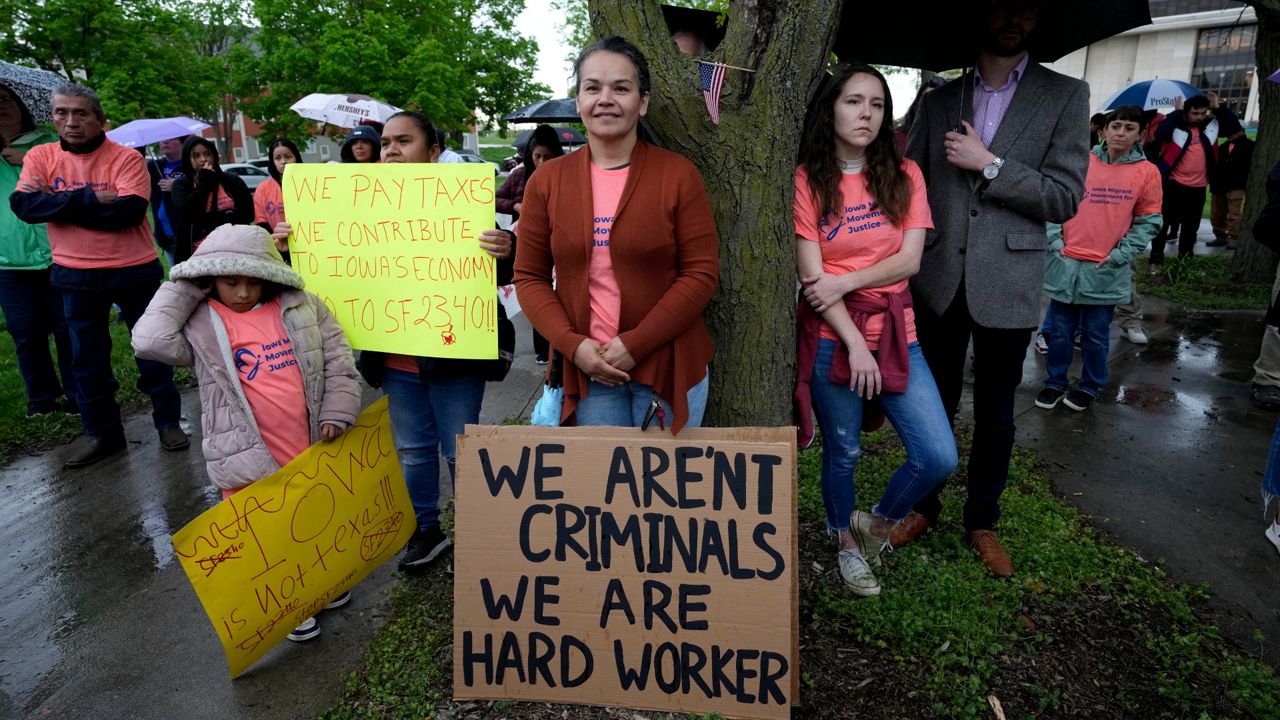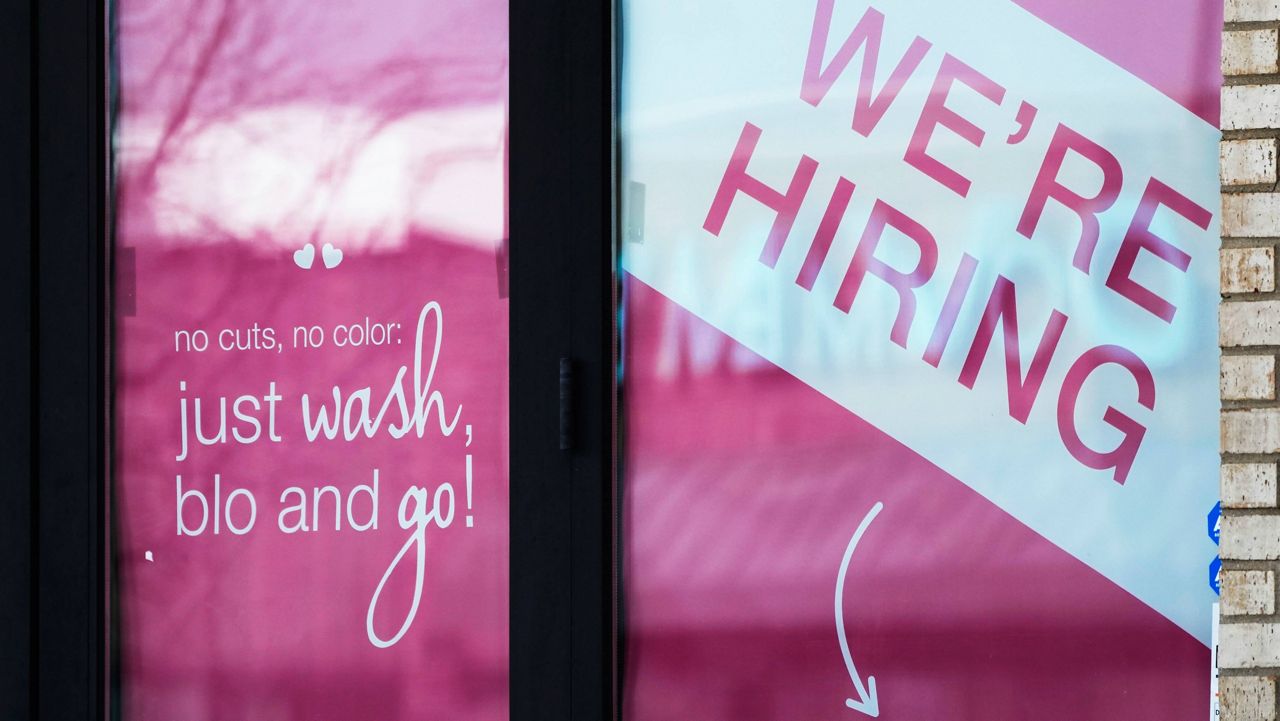WASHINGTON — President-elect Donald Trump has selected former White House aide Brooke Rollins to lead the Department of Agriculture in his second administration.
Here are some things to know about Trump’s choice and the agency that Rollins would lead if she is confirmed by the Senate.
She is a lawyer with agriculture ties — and a strong relationship with Trump
Rollins, 52, graduated from Texas A&M University with an undergraduate degree in agricultural development before completing law school at the University of Texas. She served as domestic policy chief during Trump's first term, a portfolio that included agricultural policy. After leaving the White House, she became president and CEO of the America First Policy Institute, a group helping to lay the groundwork for a second Trump administration.
Over the years, Rollins has forged a strong enough relationship with Trump, who has prized proven loyalty in his Cabinet and top adviser picks, that she was among the people floated as a potential White House chief of staff. That job went to Susie Wiles, Trump's co-campaign manager.
Rollins, in an interview earlier this year, called Trump an “amazing boss.”
USDA is about more than farms
President Abraham Lincoln founded the USDA in 1862, when about half of all Americans lived on farms. The sprawling department now reaches into every American neighborhood, grocery store and school cafeteria.
The USDA is the primary agency overseeing the nation’s farming, forestry, ranching, food quality and nutrition. The agency has a dual purpose of promoting and regulating agriculture practice and products. The agency oversees multiple support programs for farmers; animal and plant health; and the safety of meat, poultry and eggs that anchor the nation’s food supply. Its federal nutrition programs provide food to low-income people, pregnant women and young children. And the department sets standards for school meals.
The next USDA chief could figure prominently in Trump 2.0
Trump did not offer many specifics about his agriculture policies during the campaign. But if he keeps his pledge to impose sweeping tariffs, farmers could be affected quickly — and potentially harshly. During the first Trump administration, countries like China responded to Trump’s tariffs by imposing retaliatory tariffs on U.S. exports like the corn and soybeans routinely sold overseas. Trump countered by offering massive multibillion-dollar aid to farmers to help them weather the trade war.
The ripple effects could extend to consumers’ grocery bills, as well. When things are going smoothly, agriculture secretaries are not usually prominent faces of an administration. But when the nation’s food supply is at issue, it could be another story.





